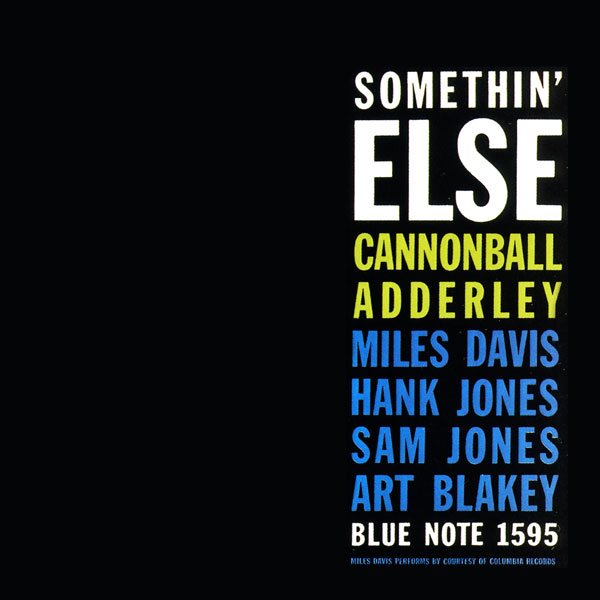Year One: Boobs, The Wind, Baseball, Lederhosen, Eels, Monkeys, and Doves
Year Two: Hotel Lobby Oysters, Condoms, Spinning Around and Around, 街・町, The Town and Its Uncertain Wall, A Short Piece on the Elephant that Crushes Heineken Cans
Year Three: “The Town and Its Uncertain Wall” – Words and Weirs, The Library, Old Dreams, Saying Goodbye, Lastly
Year Four: More Drawers, Phone Calls, Metaphors, Eight-year-olds, dude, Ushikawa, Last Line
Year Five: Jurassic Sapporo, Gerry Mulligan, All Growns Up, Dance, Mountain Climbing
Year Six: Sex With Fat Women, Coffee With the Colonel, The Librarian, Old Man, Watermelons
Year Seven: Warmth, Rebirth, Wasteland, Hard-ons, Seventeen, Embrace
Year Eight: Pigeon, Edits, Magazines, Awkwardness, Back Issues
Year Nine: Water, Snæfellsnes

This week I’m looking at the third essay in Murakami’s 2015 collection of travel writing. The piece is 「おいしいものが食べたい」 (“I want to eat something delicious”), originally from 2008, and in it Murakami writes about two famous American Portlands—that of Oregon and that of Maine.
The essay is only okay. Not much of it sticks with me, now that I think back about it—it’s really just a magazine fluff piece, to put it bluntly. He gives a brief historical introduction to both cities and highlights the abundance of restaurants in both, driven by an influx of young people. Then he introduces a few restaurants he visited and describes the food. It sounds like a decent trip to make, one that would give you an interesting look at the U.S.
(On a side note, I’ve resumed making notes in the margin of my text, which I did not do for the first two essays. This is an easy technique to use to improve retention of Japanese texts.)
The passage I’m translating comes from the end of the essay. Enjoy:
僕はボストンに住んでいるときに、車を運転してちょくちょくこのポートランドの街を訪れたが、そのひとつの目的は家具職人のマルゴネッリさんの工房を訪れることであり、もうひとつは市内の某中古レコード屋で、古いジャズのレコードを買い込むことにあった。店主のボブ・ワーツさんはCDなんぞ絶対に扱わないという頑固にして几帳面なLP原理主義者で、そういうところで僕と話があう。この日も話をしながら、ついついたくさんのレコードを買ってしまった。キャノンボール・アダレイの「サムシン・エルス」(ブルーノート)のファースト・エディションのぴかぴかの美品が20ドル。どうです、安いでしょう。よくわからない?LPなんかもう聴かない?そうですか、すみません。 (82)
When I lived in Boston, I drove over to visit Portland pretty often. One reason was to visit the workshop of the furniture craftsman Margonari, and the other was to buy up old jazz records at a certain used record store in the city. The owner is Bob Watts, a die-hard LP extremist who would never carry the likes of a CD. Today, again, I bought record after record while we talked. A pristine first edition of Cannonball Adderley’s “Somethin’ Else” (Blue Note) was twenty dollars. How about that? Pretty cheap. Oh, you’re not sure? You don’t listen to records anymore? Well, excuse me.
I really only chose this passage because of the great jazz recommendation. I checked out the album and listened to it while writing this post, although I listened on Spotify, not an LP.
It’s a solid album. The Wikipedia page for the album is worth a read. The lineup is killer: Adderley, Miles Davis, Hank Jones, Sam Jones, and Art Blakey. *shiver* Adderley would feature again with Miles one year later on Kind of Blue…damn.
Murakami’s tone there at the end is kind of funny. He doesn’t take it any further than that, and this is the only instance of a technique like this, at least in this essay, and so far in this collection. It seems pretty ordinary Murakami and really only stands out because of the plain, guide-like style of these essays.
(Note: Apparently there’s no copyright on the album cover because it’s so simple…which seems kind of strange to me.)
